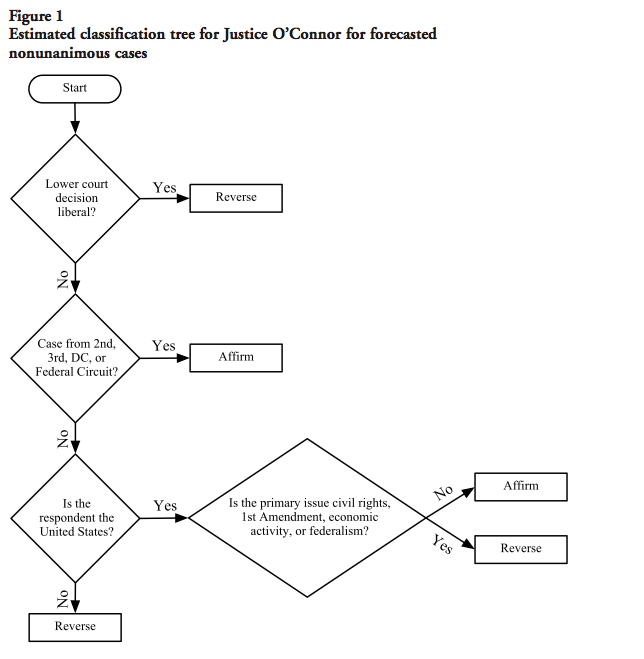§ August 27th, 2010 § Filed under News § No Comments

Wow, so it’s been awhile. I’m writing here from the new world headquarters of Robot Robot and Hwang in beautiful, sunny Berkeley, California. The senior partners are being moved over on the bed of a truck from Boston as I write this, and we’re leased a gorgeous new office space in an Oakland server farm (we’re down the hallway from some friendly servers that run a neat little mom-and-pop web hosting service). As our partners start spinning their hard drives and getting plugged in with the area, you can expect that we’ll be posting more regularly from here on in.
In any case, while we’ve been on hiatus with the move — we’ve gotten some fair questions from the boys over at the ABA as to what exactly it is that RRH is doing, and what we’re looking to do in the coming months. The partners have asked me convey their view on this publicly, so I figure it’s worth setting down here on the blog.
In brief, RRH is premised on the idea that the law — inclusive of the law itself as well as the practice of it — is a type of a computer in the technical sense of the term: a programmable machine that receives input, stores and manipulates data/information, and provides output in a useful format.
Beyond being a neat metaphor to just consider, such an analogy opens the ground to take action on three things:
First, to mine the data itself. If law concerns the manipulation of data, there is room to bring in a universe of techniques that have been developed from other fields in dealing with and better understanding large datasets. From RRH’s perspective, this includes everything from statistical analysis and machine learning to graph theory and others.
Second, to creatively design applications that experiment with the legal computer. The processes of the law define a framework for what is permissible. However, creative engineering and development can design novel programs that are possible within existing frameworks and create entirely new behavior. The invention of the modern corporation, for instance, is perhaps the best example of this programming. The creation of “real” programs — like the introduction of peer-to-peer sharing technology — can also play a role in disrupting the typical operation of the legal computer.
Third, to bring (digital) technology itself into the operation of the legal computer. Insofar as the law has traditional methods that process and manipulate data, the much improved information technology of the past decade may be useful in augmenting or supplanting those traditional methods. It might also play a role in stabilizing the system as a whole against the efforts of actors that are deploying this technology to their advantage (I’m thinking here of automated collections law firms).
Our mission with all these three is to prototype on, advance the progress of, and provide thinking about how each of these elements plays out in practice. Hope that helps to clear things up! Feel free to leave any questions. In any case, we’re excited to get rolling — keep an eye on this space.







